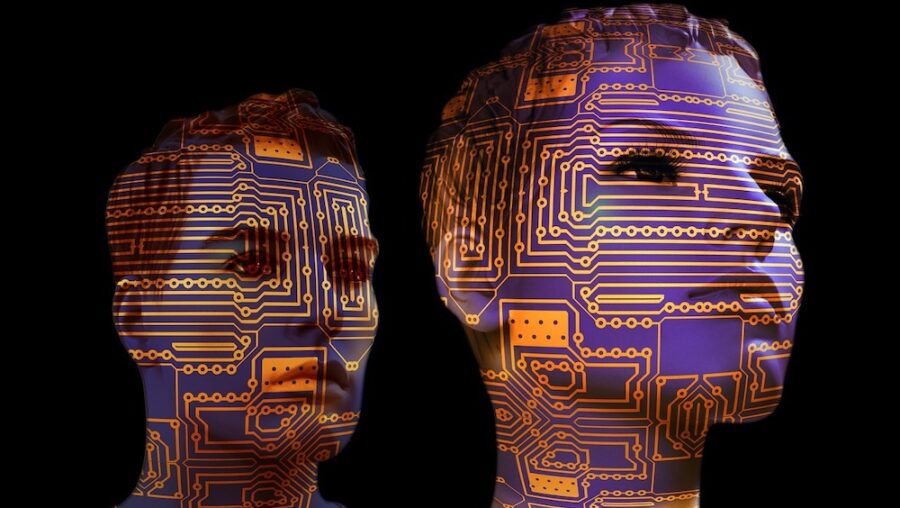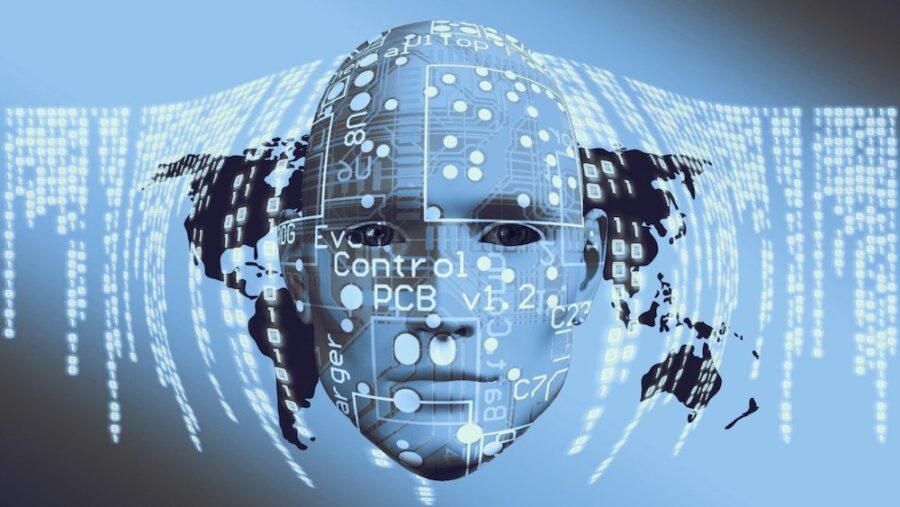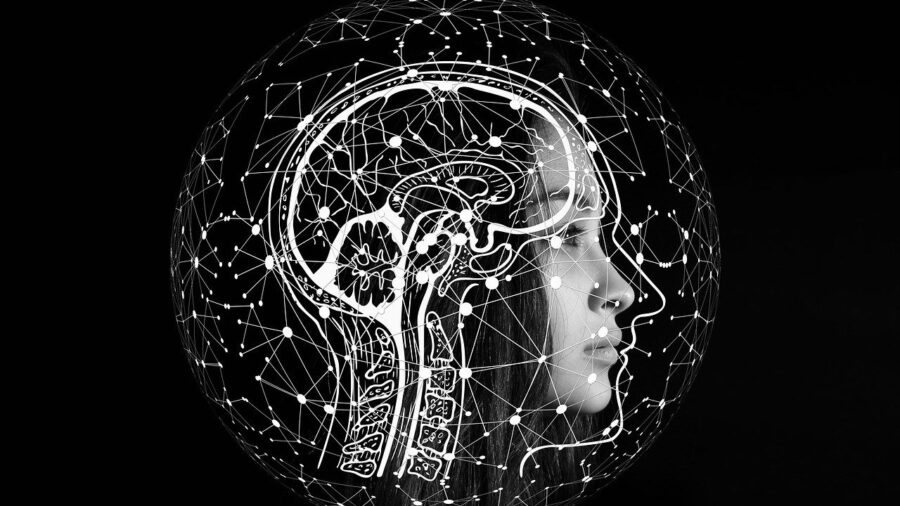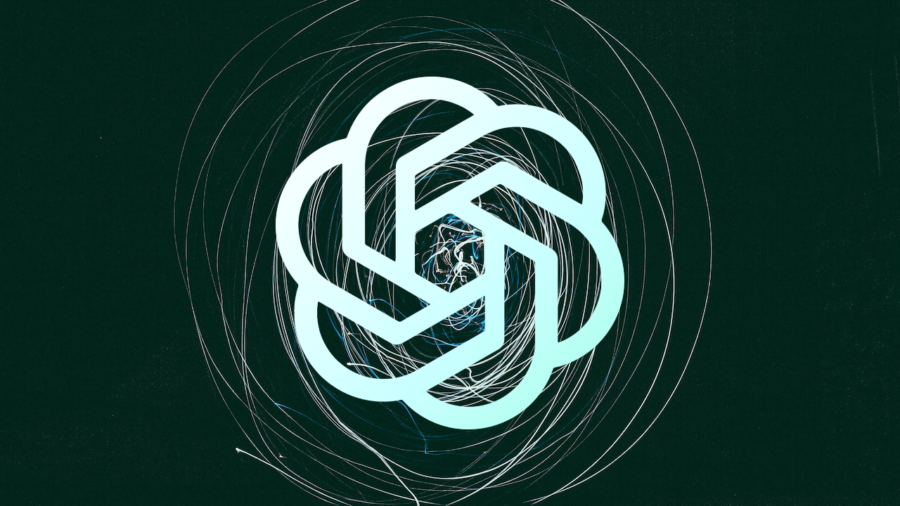How AI Could Create An Economic Sci-Fi Dystopia

Every technology has advantages and disadvantages; artificial intelligence (AI) is no different. Slated to transform the nature of work and employment, perhaps heralding a new era of efficiency and innovation, the technology nonetheless represents real risks to job security everywhere.
From driving trucks to diagnosing diseases, artificial intelligence systems may well perform tasks we reflexively associate with human labor. What could eventuate is more than widespread job displacement across multiple sectors; rather, it’s an economic tsunami displacing millions.
Experts Increasingly Alarmed

Nor is the challenge something to disregard until the near future. Experts increasingly consider the hurdles presented by AI labor disruptions to be more or less imminent.
And said disruption would extend to both blue-collar and white-collar professions. In other words, artificial intelligence will power hardware (think self-driving Amazon delivery vans or robotic cashiers at McDonald’s) as much as it will power software (artificial intelligence-powered data analysis, coding, accounting, and legal work, to name a few).
Every Rung On The Economic Ladder

This may be the first time in recorded history that every rung on the economic ladder will be simultaneously and profoundly affected by a single innovation.
Prepare for a coming shift is as ubiquitous as it is unavoidable. Why? Because AI-powered automation outperforms humans in all relevant metrics: efficiency, accuracy, and cost-effectiveness. Employers across industries will take note—if they’re not out of the job themselves.
Even Into Finance

Furthermore, artificial intelligence’s reach will doubtlessly extend to administration, finance, and even creative industries.
In other words, so long as an algorithm can generate outputs equal to or better than the fruits of human labor, the risk of widespread AI job displacement is exceedingly likely.
Plus, the concentration of wealth and power will—surprise, surprise—largely embed itself in the hands of those who own and control AI technologies.
The implied consequence is incredible disparities that could dwarf our current wealth gaps substantially. In the wake of the disappearance of traditional jobs, picture a deepening chasm dividing the economically advantaged from the disadvantaged.
Social Unrest Coming?

And that’s not to mention the subsequent augmenting social unrest and political instability motivated by perceptions of injustice.
On the brighter side, methods to mitigate the impact exist–meaning we could avoid the sci-fi horror movie the nascent technology seems to herald.
Through adaptation approaches and policy—a proactive and multifaceted response—the challenge posed by AI to the workplace may be surmounted. Education and retraining are critical; we must revamp educational systems, as hard as that sounds, to prep future generations for the evolving job market.
Retraining And Learning

Above all, education intended to absorb the shock of artificial intelligence should foster skills that, more likely than not, AI won’t replicate—or at least not soon: critical thinking, creativity, and emotional intelligence.
And retraining lifelong learning programs will probably prove essential for those currently employed.
AI-driven displacement also calls for innovative economic models comprehending the new realities of labor. One of the most popular and well-known is universal basic income, or UBI. Understandably, this approach has gained traction of late, mainly due to its popularity among political figures like Andrew Yang.
New Jobs And Sectors As Well

Lastly, the transformative wave almost ensured by AI could mean opportunities to create new jobs and sectors. We could see new roles emerge in the tech fields, green energy, and services (from therapy to midwifery) requiring a human touch.
Whatever solution we pursue–whatever proves most impactful–humanity will have to do something to manage the radical change in all likelihood around the corner.












